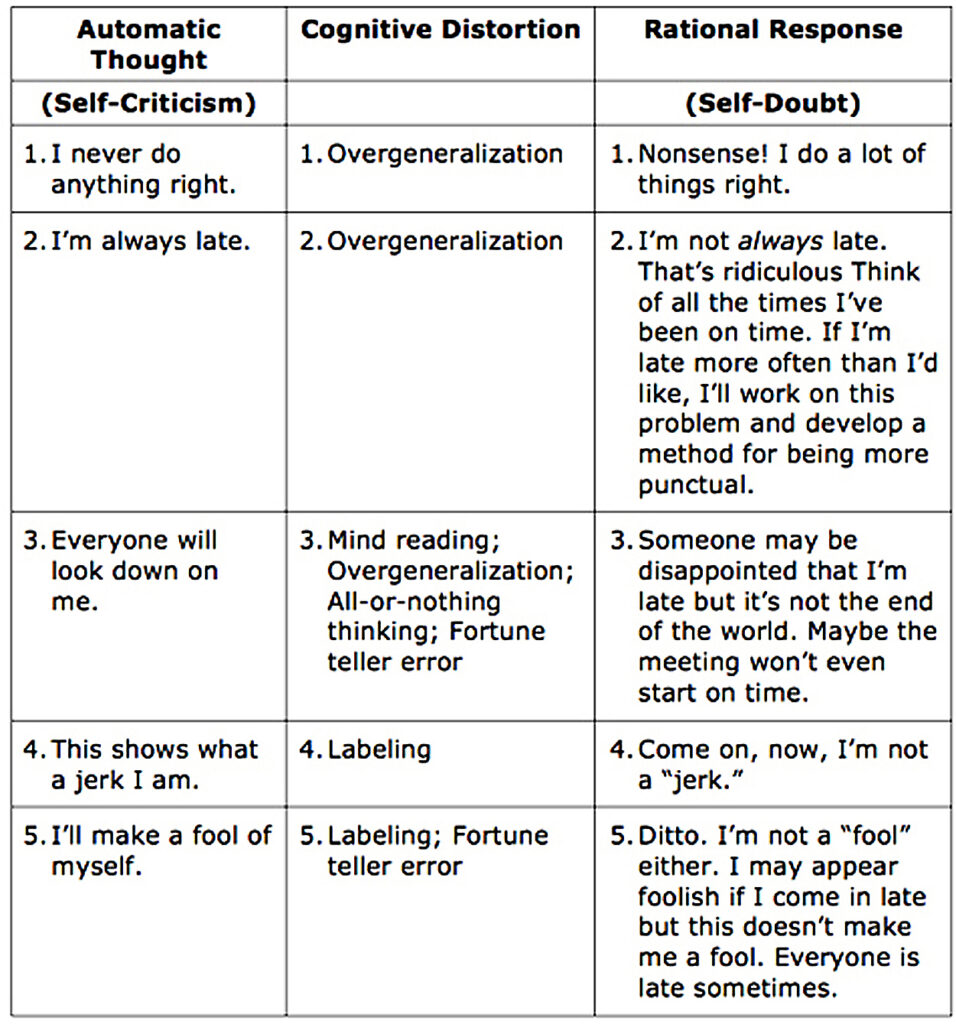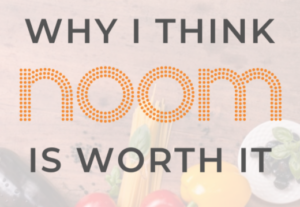Little Things Make A Big Difference
In a previous post I referred to the overwhelming negativity and divisiveness we’ve all been battling this year. As 2020 unfolded, with “all that’s gong on” I made a concerted effort to continue to pursue new ways of dealing with the world around us.
To make positive changes in my health, I joined NOOM * and, over a period of several months, have slowly and steadily lost 20 lbs.
To make positive changes in my attitude, to soften the urge to become cynical and depressed, I’ve adjusted my expectations of “what should be” to more helpfully, “what is really true?”
*Noom is a psychologically-driven digital weight-loss program that uses an app to deliver support from certified health coaches. Cognitive behavioral therapy, a type of talk therapy used in clinical psychology settings, is the basis behind Noom’s weight loss program
In the midst of these lofty efforts, I’ve discovered a new (to me) book to inspire me along the way.
Feeling Good – The New Mood Therapy by David D. Burns, M.D. The subject of this book is understanding how cognitive therapy can help you adjust your mood, to see the world around you in a different, more hopeful light.
I hesitate to over-simplify the concept; it’s really so profound. But I will simplify the theory here that applies to not only lifting you out of depression, but also helping you make clearer, more sensible choices in general, including eating. Take a look at this handy table presented in the book.

According to Dr. Burns, this table outlines a technique that can be used to restructure the way you think about yourself when you have goofed up in some way. The aim is to substitute more objective rational thoughts for the illogical, harsh, “distorted” or “sabotaging” thoughts that may appear when a negative event occurs. The technique I’ve taken from this is to observe the automatic thought and ask yourself, “is this true?”
Remember this example just touches the very tip of a comprehensive and complex therapy process. The goal in this book is to substitute distorted or sabotaging thoughts to treat depression; but the very same cognitive therapy concept is present in the NOOM program for losing weight and another book that supports NOOM’s approach, The Beck Diet Solution by Judith S. Beck, Ph.D.
Dr. Beck’s book describes a program that teaches you how to talk back to your sabotaging thoughts in a convincing way, by questioning your automatic thoughts and asking yourself, “is this true?”
For example, when you hear a little voice in your head say “oh, just eat it; it won’t matter” you’ll be able to tell yourself, “yes, it does matter. . . I want to be thin. . .every time I eat something I’m not suppose to, it makes it more likely that I’ll give in again in the future . . .etc.” You learn how to replace your “distorted” thought with a more rational, helpful thought, leading to healthier actions and attitudes.
Lots of food for thought. Pun intended.
This approach of asking myself “is it true?” has prevented many an immediate meltdown this year. Some of the meltdowns come later; we do what we can! But I’m enjoying the fact that I’m not taking as much as personally as I used to. Baby steps to sanity.
Looking forward to 2021 – wishing everyone moments of sanity and more moments of health!!

Visit our online store at: www.etsy.com
Contact us at: [email protected]
<Back Next> Home



